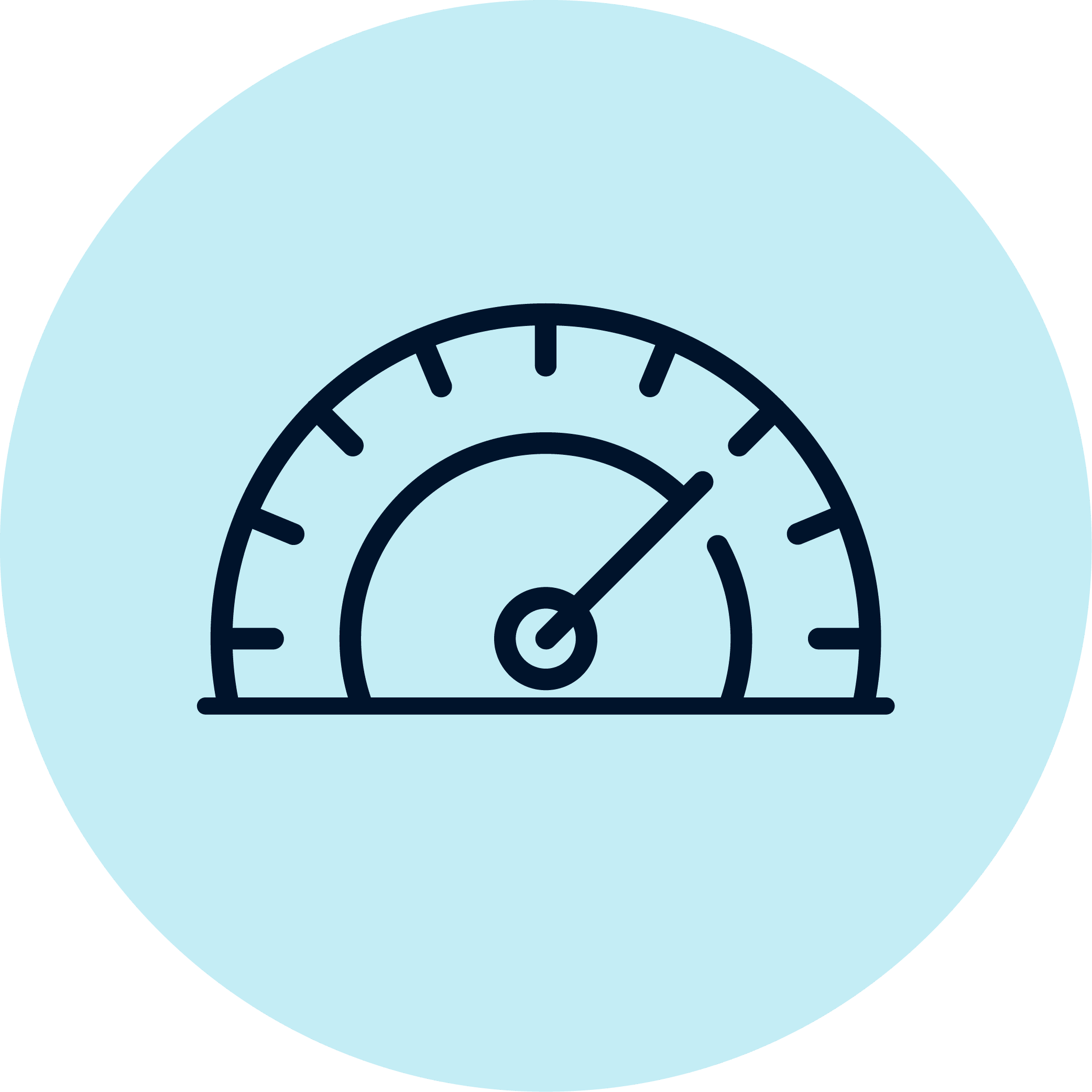Understanding credit
Credit is the ability to obtain goods or services before payment, based on the trust that the payment will be made in the future. It’s important because it allows you to make big purchases (like a home, car or education) that you might not have the cash for, and also helps with purchases where cash may not be accepted.
For anyone who’s aiming to improve their financial position, getting a handle on credit is a must! Let’s start with a quick look at credit scores and credit reports.
Why you should manage your credit score
Your personal credit score matters because it helps determine if you qualify for credit. If your credit score is lower, access to some types of credit may be out of reach. If you have a higher credit score, it could be easier to get a loan, mortgage or other financial products. Note, credit scores range from 300-900. In Canada, anything above 780 is generally considered to be excellent.
How do lenders know if they can trust you?
Credit health and eligibility is determined by two main sources.
|
|
Credit ReportA detailed breakdown of your credit history. It lists whether you have missed a payment on a credit card, when you have applied for a card, etc. It’s all the things that happen when it comes to your money (like paying your bills on time or being late with payments). |
|
|
Credit ScoreA number assigned to a person that indicates to lenders their capacity to repay a loan. It takes all the data from the credit report and puts it into a number. It’s the sum of all those activities that happen around your money. |
How is your credit score calculated?
Let’s break down a few key factors:
-
Payment History: Reflects your actions, like making or not making your minimum agreed upon payments.
-
Utilization: Analyzes how much of your credit limits you’ve used vs. what credit is available (aim for no more than 30% credit utilization at any given time).
-
Credit History: Considers how well you exhibit responsible behaviour over time. It factors in things like the duration of the relationship (how long you’ve had an account open).
-
Public Records: Flags significant issues in your past like bankruptcies, consumer proposals and debt consolidation programs, among other things.
-
Inquiries: Considers new applications for credit cards or loans. Note, hard credit checks impact your score, while soft checks do not. Remember, only apply for credit when you really need it. Constantly seeking out credit can indicate financial trouble to lenders.
Curious what your credit score is? With Credit Keeper™ from Capital One**, you can check for free without impacting your score.
How does interest work?
In simple terms, interest is the cost of borrowing money. It’s generally expressed as an annual percentage rate, broken down into monthly or daily percentages, to calculate how much interest appears on your statement. The bottom line is that it’s always best to pay off your balance in full each month to avoid hefty interest charges, reduce your credit utilization and help manage debt.
You’ve got options
Many folks don’t get approved for a traditional credit card because of their financial habits or circumstances. Whether you’re just starting off with credit or need to rebuild your credit score, a secured credit card is a great option. It’s just like a traditional credit card, but you’re required to pay a certain amount of money upfront, called security funds. Think of it as a security deposit – if you ever close your account, you’ll get your deposit back once your balance is paid in full.
The best option for practicing responsible behaviour is making your payments on time. This helps put you in a position to improve your credit score and graduate to an unsecured credit card.
Key takeaways: how to improve and maintain your credit score
-
Pull your credit score and credit report directly from bureaus and look at it. Check for free with Credit Keeper™ from Capital One**.
-
Know your habits and behaviours; think about what might be holding you back. Have you been late on any payments? Have you applied for many credit cards at the same time?
-
Reflect on how you can correct these patterns and get back on the path to financial well-being.
-
Make any credit payments you can, as soon as you can!
Words of encouragement: your score has NOTHING to do with your self-worth
Never take your credit score personally. A high score doesn’t mean you’re a good person and a low score doesn’t mean the opposite is true either. Your score is simply a reflection of financial inputs that the credit bureaus measure.

